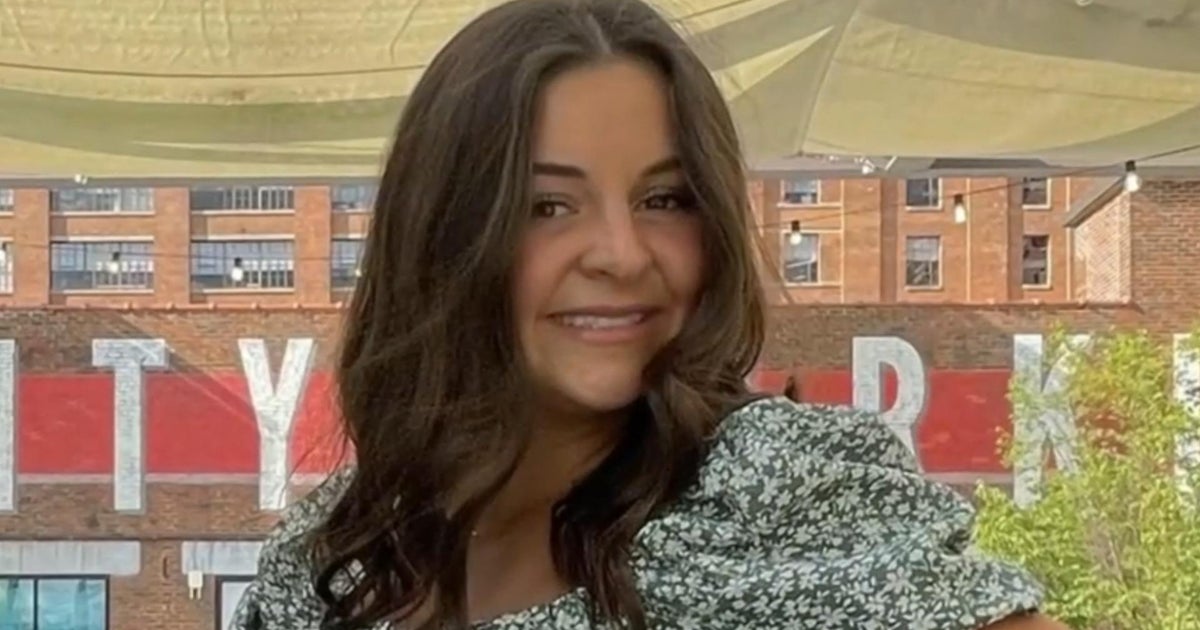India police charge man in rape and murder of doctor that sparked widespread protests
Indian police have charged a man for the rape and murder of a 31-year-old doctor which sparked wide-scale protests throughout the country.
Protests erupted in West Bengal in August to demand justice after the doctor's body was found with multiple injuries in a lecture hall in Kolkata's state-run R.G. Kar Medical College and Hospital. Authorities at the time said the woman had gone to the lecture hall to rest during a night shift when she was attacked.
An autopsy confirmed the doctor was sexually assaulted and attacked before she died. It also suggested she resisted and may have been tortured before being murdered.
In a nationwide protest that went on for weeks, medics from public hospitals across India turned away all but emergency patients as they demanded safe workplaces and swift legal action.
"Our indefinite cease-work and sit-in will continue till our demands are met," vowed Dr. Aniket Mahata, a spokesperson for striking junior doctors at the R.G. Kar facility, in August.
Kolkata Police arrested a volunteer member of the force the day after the murder. On Monday, Sanjoy Roy, was formally charged with a confidential document of evidence submitted to the court.
"Sanjoy Roy has been charged with the rape and murder of the on-duty trainee post-graduate doctor inside the hospital," a Central Bureau of Investigation (CBI) official told AFP.
Roy, widely reported by Indian media to be aged 33, and who had been working as a volunteer in the hospital supporting patients, would potentially face the death penalty if convicted.
In addition to the doctors, tens of thousands of ordinary Indians joined in the protests, which focused anger on the lack of measures for women doctors to work without fear.
While most medics have returned to work, a small group began a hunger strike this month. The doctors say the West Bengal state government had failed to deliver on its promises to upgrade lighting, security cameras and other measures to protect them.
India's Supreme Court last month ordered a national task force to examine how to bolster security for healthcare workers, saying the brutality of the killing had "shocked the conscience of the nation."
In West Bengal last month, the state assembly passed a law that would raise the punishment for rape from the current sentence of at least 10 years to either life imprisonment or execution.
The law is largely symbolic because India's criminal code applies uniformly nationwide. However, presidential approval could make an exception and see it become state law.
The gruesome nature of the attack drew comparisons with the 2012 gang rape and murder of a young woman on a Delhi bus, which also sparked weeks of nationwide protests.
India reported an average of nearly 90 rapes per day in 2022, according to the most recent data from the National Crime Records Bureau, although experts believe the real number could be much higher since many rapes go unreported due to prevailing stigmas around sexual violence and a lack of faith in police investigations. Conviction rates remain low.






